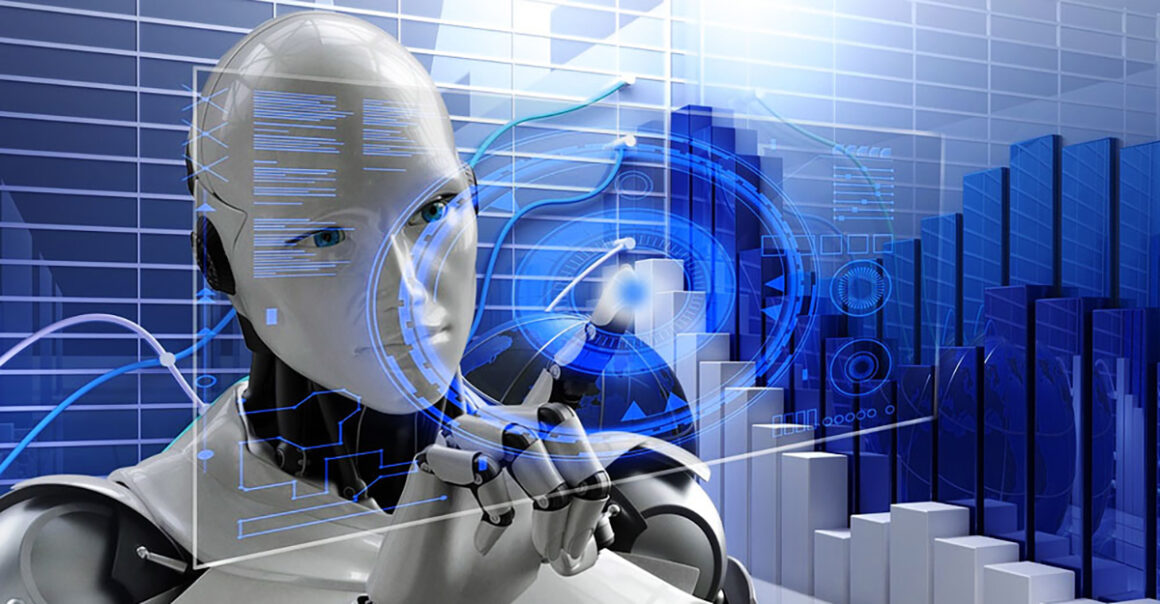Experts warn that AI may pose a threat to humankind, but assert that the future may be sunnier than we anticipate.
AI will take over our job! Or not
Since the release of OpenAI’s ChatGPT to the public in November, the anticipated transition to an artificial intelligence-driven workforce has sparked concerns about the future. In an interview with CBS’s “60 Minutes” that aired on Sunday, Google CEO Sundar Pichai stated that the early phases of A.I. development are a cause for optimism.
“On one hand, the pace at which we can think and adapt as societal institutions compared to the pace at which the technology is evolving, there seems to be a mismatch,” Pichai said. “On the other hand, compared to any other technology, I’ve seen more people worried about it earlier in its lifecycle, so I feel optimistic about the number of people who started worrying about the implications, and hence the conversations are starting in a serious way as well.”
“Historically, new technology has eliminated certain jobs, but the benefits have largely outweighed the disadvantages,” Suchenek said. “While some jobs were lost, the Industrial Revolution created many higher-paying and more appealing opportunities for workers.”
He said that while machines can become smarter than a single person, it is unlikely that they will be smarter than all of humanity put together.
“AI has the potential for misuse, as unscrupulous developers could create malicious software for economic or political gain [or] use AI to impose control over others, leading to permanent tyranny,” Suchenek added. “It is important to be aware of these issues when considering AI’s impact on society.”
Google and Microsoft have been competing to bring artificial intelligence to the public, with both tech giants—and Amazon’s AWS—releasing tools and products such as Google’s Bard and Microsoft’s Bing that integrate ChatGPT into their search engines.
The two tech titans have invested billions in AI research and development. Microsoft invested $10 billion in OpenAI, the company that developed ChatGPT, in January. Google partnered with ChatGPT rival Anthropic in February to expedite the development of a dependable and trustworthy A.I. system.
In the past century, science fiction writers and Hollywood producers have been making up scary stories about what will happen when A.I. becomes smarter or more aware than its creators.
“These are deep questions,” Pichai said. “We call this alignment. One way we think about [it is] how do you develop A.I. systems aligned to human values, including morality?”
Pichai stated that social scientists, ethicists, and philosophers must also be involved in the development of sophisticated A.I.
“I think we have to be very thoughtful,” he said. “And I think these are all things society needs to figure out as we move along. It’s not for a company to decide.”
There has been a lot of talk about who will win the race. Today, Google’s stock price went down after the New York Times said that Samsung, which makes the Android phone, was thinking about using Microsoft’s Bing instead of Google as the default search engine on its devices.
Alphabet, the company that owns Google, saw its stock drop by 3.81%, from $108.90 to $104.75, after the news came out. On Monday, the stock went back up to $105.97. According to MarketWatch, Microsoft’s stock price went from $286.54 to $288.53, which was a small increase after it fell by 1.38% from $290.83 in the last 24 hours.
The post Exploring the future for the prospects and risks of AI appeared first on NFT News Pro.
